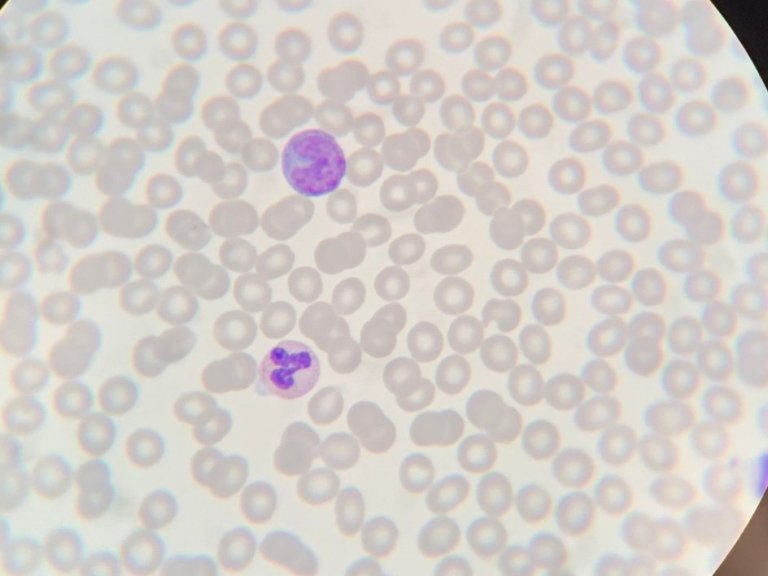Currently, a patient leaves the hospital after a heart attack with a limited number of pills while the optimal combination of medicine is developed over the coming months and years – first with the specialist and then with the patient's general practitioner. In practice, it usually results in the need for more, or different, pills. However, the optimal combination is rarely achieved.
"You can see that the medication often starts at a minimal amount and that the emphasis in the treatment – rightly so – is based on lifestyle change. Only if the patient does not succeed in making sufficient lifestyle adjustments and the target values for weight, blood pressure and cholesterol are not achieved, then attempts are made again and again for months or years to include an extra pill,” says Fabrice Martens, Professor of Preventive Cardiology at Amsterdam UMC.
"In order to keep the risk of recurrence of a heart attack as low as possible, these values must be under control. However, this wastes a lot of valuable time and the motivation to use more medication decreases over time, both for the healthcare provider and the patient as the fear of another heart attack decreases. Patients often revert to their old ways of life and adherence to taking preventive medications decreases. That is worrisome, because it is precisely those pills that help enormously in preventing a new heart attack," he adds.
The fear at its largest
A group of researchers from Amsterdam UMC, led by cardiologist Harald Jørstad, among others, have set up a study to prevent recurrence of a heart attack through a different approach. In doing so, they aim to make optimal use of the so-called 'teachable moment', when the patient is in the hospital and, naturally, at their most vulnerable. At that moment, their motivation to prevent a new heart attack is high. Current figures show that this motivation declines rapidly: about 57% of patients stick to taking their medication and that percentage decreases by at least 1% every six months.
"Based on the guidelines, we almost always know what the most optimal mix of preventive medicines is to keep the risk of recurrence of a heart attack as low as possible. So why don't we reverse the approach? In other words, start with the optimal mix of preventive medicines at the time when patients are most open to treatment and advice. This can be phased out in the years that follow. In this way, the patient is immediately protected and, if lifestyle improvement succeeds in reducing the risks, over time one pill can be stopped – instead of two," says Marjolein Snaterse, researcher in the field of prevention in patients with heart disease.
Disappointment: another pill
"Due to the current approach with slow build-up of medication, patients think that a single pill is sufficient, but we know that this is not the case. For the patient, it is a disappointment every time that another pill is added. This can also be very demotivating, especially when patients have just done their best to improve their lifestyle.
The new approach does not mean that we should not do everything we can to achieve this lifestyle change in patients. But now that the drug options have expanded greatly in recent years, the new approach can be chosen immediately during hospitalization," adds Mertens.
Image: Adobe Stock




